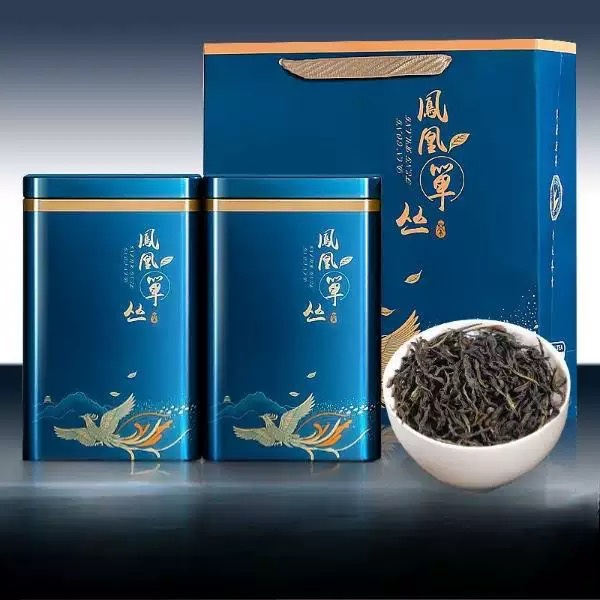The Cultural Significance of Oolong Tea in China

# The Cultural Significance of Oolong Tea in China
## Introduction to Oolong Tea
Oolong tea, known as “wūlóng chá” (乌龙茶) in Mandarin, holds a special place in Chinese culture. This partially oxidized tea bridges the gap between green and black teas, offering a unique flavor profile that has captivated tea enthusiasts for centuries.
## Historical Roots
The origins of oolong tea can be traced back to the Fujian province during the Ming Dynasty (1368-1644). Legend tells of a tea farmer who discovered the unique processing method by accident when he was distracted by a deer. The leaves partially oxidized before he could finish processing them, resulting in a tea with distinctive characteristics.
Keyword: Oolong Tea in Chinese Culture
Regional Variations
China boasts several famous oolong-producing regions, each with its own distinctive style:
- Fujian Province – Home to Tieguanyin and Da Hong Pao varieties
- Guangdong Province – Famous for Phoenix Dan Cong oolongs
- Taiwan – Produces high mountain oolongs like Dong Ding and Alishan
## The Art of Preparation
Traditional Chinese oolong tea preparation is a ritualistic process that emphasizes mindfulness and appreciation. The gongfu tea ceremony, particularly popular in southern China, showcases oolong’s complex flavors through multiple short infusions.
Cultural Symbolism
Oolong tea carries deep symbolic meaning in Chinese culture:
- Represents balance – between oxidation levels of green and black tea
- Symbolizes refinement and sophistication
- Associated with hospitality and social bonding
## Health and Wellness
In traditional Chinese medicine, oolong tea is valued for its digestive benefits and ability to promote mental clarity. Many Chinese believe regular consumption can help maintain balance in the body’s energy systems.
## Modern Significance
Today, oolong tea remains an important part of Chinese daily life and special occasions. From casual gatherings to formal business meetings, sharing oolong tea continues to be a cherished cultural practice that connects people across generations.